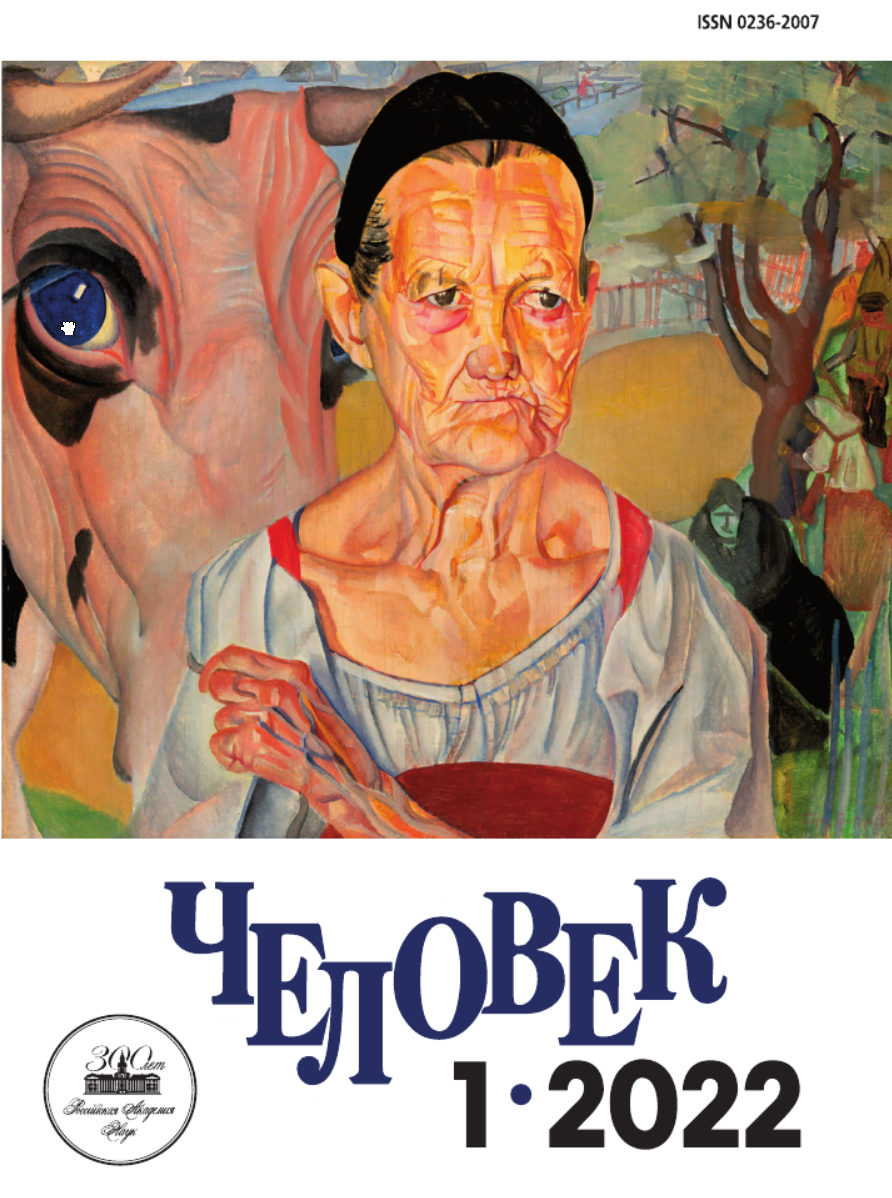Fear of Chaos: Sociological Interpretation of Demand for Detective Genre
Keywords:
detective, Future Shock, uncertainty, uncertainty avoidance, discourse analysis, anomie, genre, popularity, social action, functionalism, mysteryAbstract
The essay offers a sociological analysis of the origin and popularity of the detective genre. There are many explanations for the phenomenon of the popularity of the detective genre, but they do not answer the question why the genre became relevant in the middle of the 19th century and remains so until now. Its genesis and role are interpreted in the middle and late 19th century and in the modern world. The moment when the detective genre emerged approximately coincides with the birth of classical sociological theories. Both sociology and the new literary genre are reflections on the changes that took place in the 19th century. The detective reflects current social problems and new technologies. The classic detective contains many typical features of positivist, functionalist, Weber and Marxist discourses. The essence of detective discourse is built into the ideas of faith in the scientific method and the morality of order, criticism of the capitalistic social system and the possibility of understanding social actions and motivation of different characters. The demand for a detective today is crucially connected with the rapid technological and social changes that take place today, and the Future Shock caused by them, described by Alvin Toffler. The pace of technological change is noticeably ahead of human adaptation to a new social reality. A person is forced to somehow endure or overcome this severe state for the psyche. Reading detective stories creates a short-term illusion of the possibility of mitigating and overcoming the Future Shock. However, reading or viewing a detective story does not provide a real chance to adapt to the liquid modernity.Such an important psychotherapeutic function is unique among literary and movie genres, so it can be predicted that detectives, despite the skepticism of many critics and intellectuals, will remain in demand and relevant in the future.






